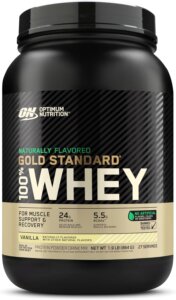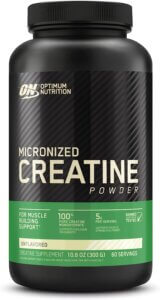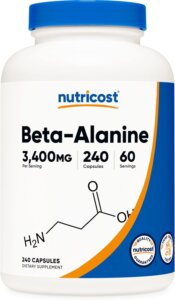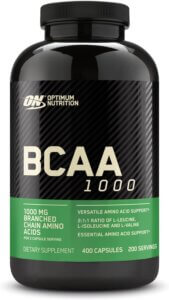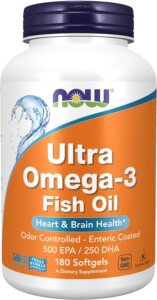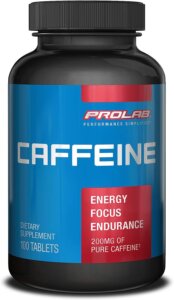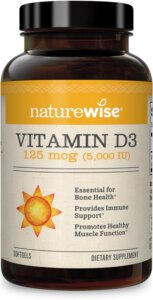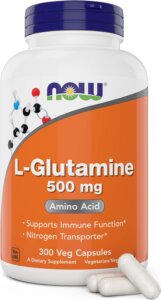This website uses affiliate links which may earn a commission at no additional cost to you.
As an Amazon Associate we earn from qualifying purchases.
Cycling is not only a great form of exercise and a means of transportation but also a sport that demands physical endurance, strength, and mental focus. To perform at their best, cyclists need to pay close attention to their training, nutrition, and overall health.
While a well-rounded diet is essential, it can sometimes be challenging to obtain all the necessary nutrients solely from food. This is where supplements come into play, serving as valuable additions to a cyclist’s routine.
Supplements are specially formulated products that provide concentrated doses of vitamins, minerals, amino acids, and other key nutrients. They are designed to fill the nutritional gaps and optimize performance by supporting energy production, enhancing recovery, and promoting overall well-being.
By incorporating the right supplements into their regimen, cyclists can fine-tune their nutrition and give their bodies the extra support they need to thrive on the road.

Understanding the Role of Supplements in Cycling
Proper nutrition plays a vital role in a cyclist’s performance and overall well-being. However, the demands of intense training, varying dietary preferences, and busy lifestyles can sometimes make it difficult to consistently meet all nutritional needs through food alone.
This is where supplements play a crucial role. They act as a complement to a balanced diet, providing targeted nutrients in convenient and concentrated forms.
Supplements help fill in the gaps, ensuring that cyclists get an adequate intake of essential vitamins, minerals, antioxidants, and other bioactive compounds that support optimal performance.
These nutrients are involved in various physiological processes such as energy production, muscle repair, immune function, and inflammation regulation. By addressing potential deficiencies and supporting key biological functions, supplements can help cyclists reach their full potential on the bike.

It’s important to note that supplements should not be seen as a replacement for a healthy diet but rather as a means to enhance it.
Whole foods should always form the foundation of a cyclist’s nutrition, with supplements serving as valuable additions to support specific goals and address individual needs.
When considering supplements, it’s crucial to understand that they are not magic pills that guarantee instant success. They work in synergy with proper training, rest, and a well-rounded diet to optimize performance and support overall health.
Additionally, it’s essential to choose reputable brands and consult with healthcare professionals or registered dietitians to ensure safety, proper dosing, and compatibility with any existing health conditions or medications.
Essential Supplements for Cyclists
Whey Protein: Supporting Muscle Recovery and Growth
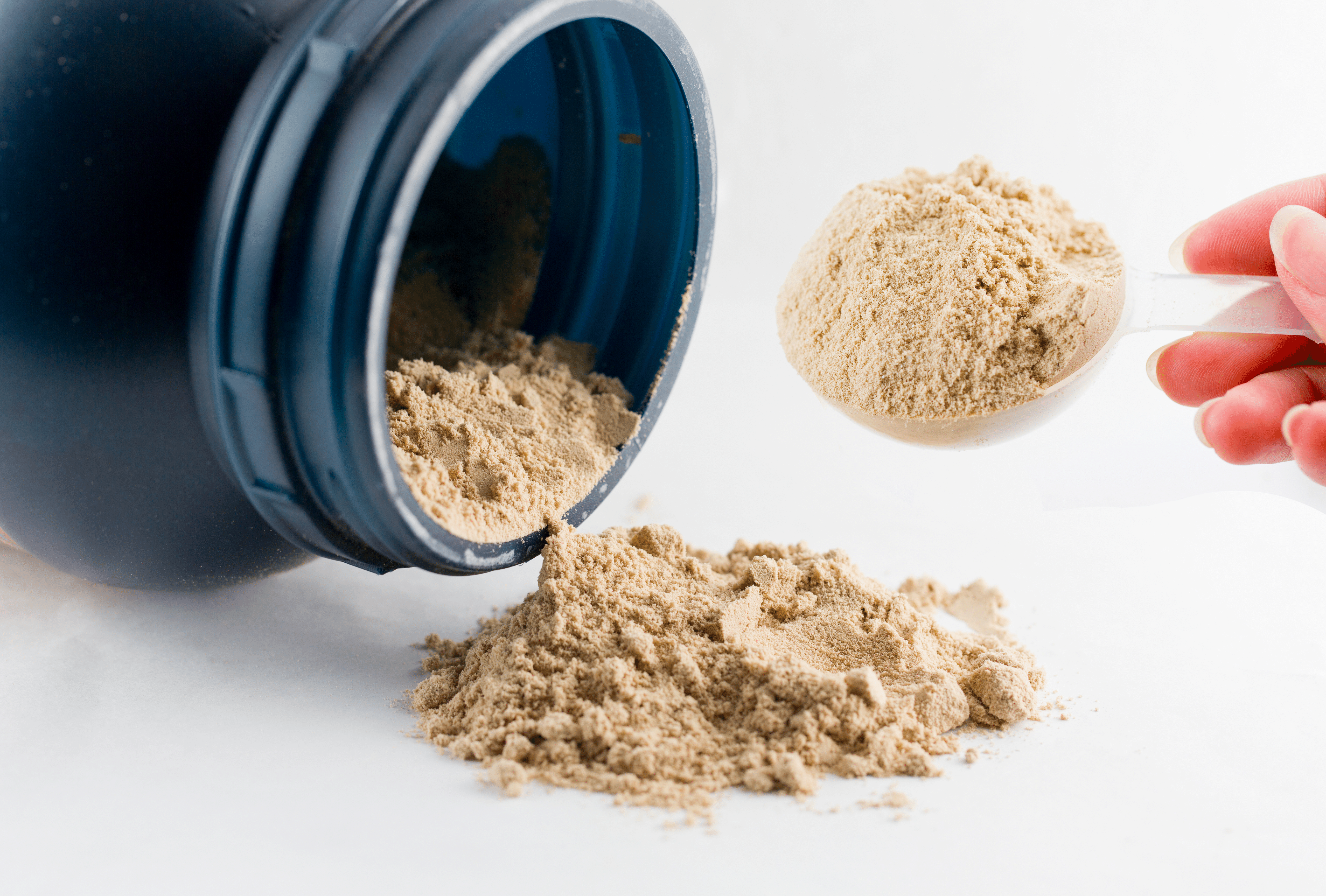
Whey protein is a popular and widely available supplement that offers numerous benefits for cyclists, especially in terms of muscle recovery and growth.
Derived from milk, whey protein is a complete protein source containing all essential amino acids necessary for muscle repair and growth.
Cycling places significant demands on the muscles, leading to muscle breakdown and damage. Consuming whey protein post-workout can help kickstart the recovery process by providing a readily available source of amino acids.
The amino acids in whey protein, particularly leucine, stimulate muscle protein synthesis and promote faster recovery, reducing muscle soreness and enhancing overall muscle repair.
Regular consumption of whey protein, in conjunction with resistance training, can lead to increased lean muscle mass and improved strength, which can enhance cycling performance.
Whey protein is a convenient and easily digestible source of protein, making it an ideal option for post-workout nutrition. It can be quickly mixed into a shake or added to smoothies, providing a convenient way to meet protein requirements.
Whey protein is rapidly absorbed by the body, allowing for efficient delivery of amino acids to the muscles, especially when consumed within the post-exercise window.
The recommended dosage of whey protein for cyclists can vary depending on individual factors such as body weight, training intensity, and specific goals.
However, a general guideline is to consume around 20-30 grams of whey protein within 30 minutes to an hour after completing a cycle to maximize muscle recovery and protein synthesis.
Creatine Monohydrate: Unlocking Explosive Power
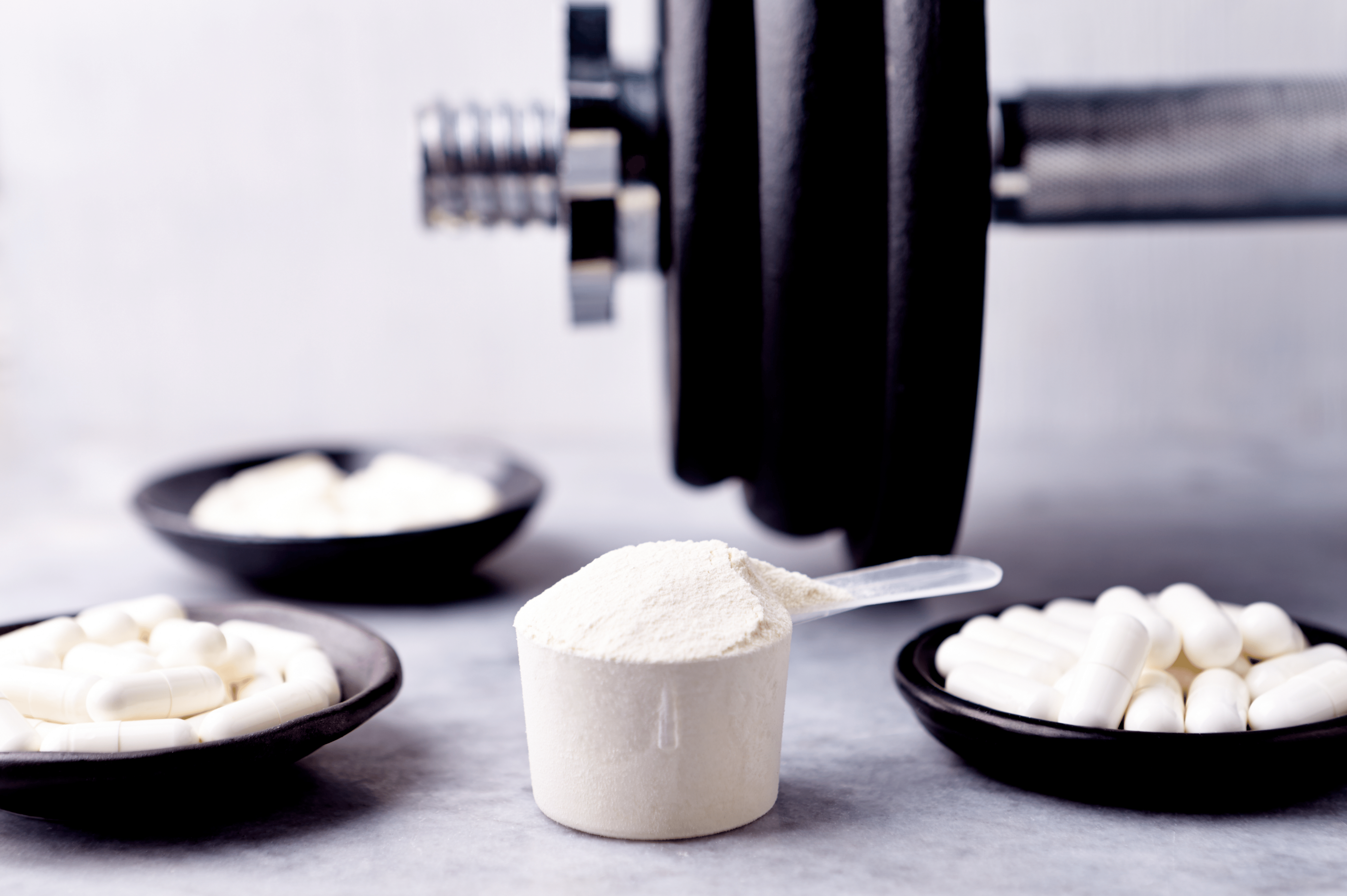
Creatine monohydrate is one of the most researched and effective supplements for improving power and strength in cyclists.
This naturally occurring compound is stored in the muscles and plays a crucial role in energy production during short, intense bursts of activity, such as sprints or hill climbs.
By supplementing with creatine monohydrate, cyclists can increase their phosphocreatine stores, leading to enhanced ATP (adenosine triphosphate) production.
ATP is the primary source of energy for high-intensity exercise. As a result, cyclists may experience improved sprinting ability, increased muscle mass, and enhanced power output during intense efforts.
To maximize the benefits of creatine monohydrate, it’s recommended to undergo a loading phase initially, where you consume around 20 grams per day for 5-7 days.
This helps saturate your muscles with creatine. After the loading phase, a maintenance phase of 3-5 grams per day is typically sufficient to maintain elevated creatine levels.
It’s important to note that adequate hydration is crucial when supplementing with creatine to prevent muscle cramps and potential gastrointestinal discomfort.
Beta-Alanine: Enhancing Endurance and Delaying Fatigue
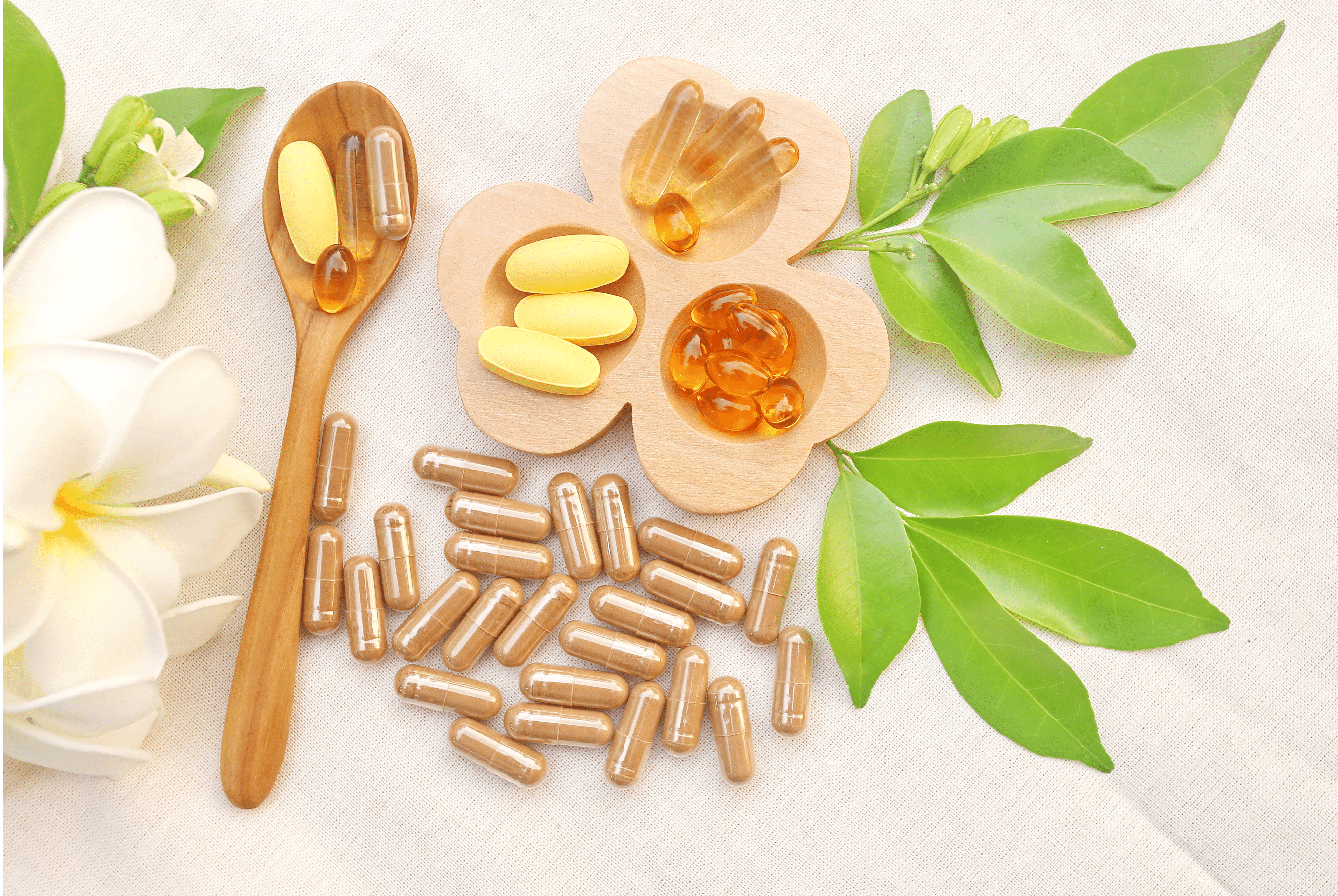
For cyclists seeking to improve their endurance and delay the onset of fatigue, beta-alanine can be a game-changer. Beta-alanine is an amino acid that combines with histidine in the body to form carnosine.
Carnosine acts as a buffer, preventing excessive acidity (due to the accumulation of lactic acid) in the muscles during intense exercise.
By supplementing with beta-alanine, cyclists can increase intramuscular carnosine levels, which effectively reduces the acidity within the muscles. This allows for a delay in the onset of fatigue and an improvement in endurance capacity.
Cyclists may experience extended time to exhaustion, enhanced performance during high-intensity intervals, and increased overall work capacity.
The recommended dosage of beta-alanine ranges from 3-6 grams per day. To minimize a harmless but temporary tingling sensation known as paresthesia, it is advised to divide the dosage into smaller amounts throughout the day.
Branched-Chain Amino Acids (BCAAs): Promoting Muscle Recovery
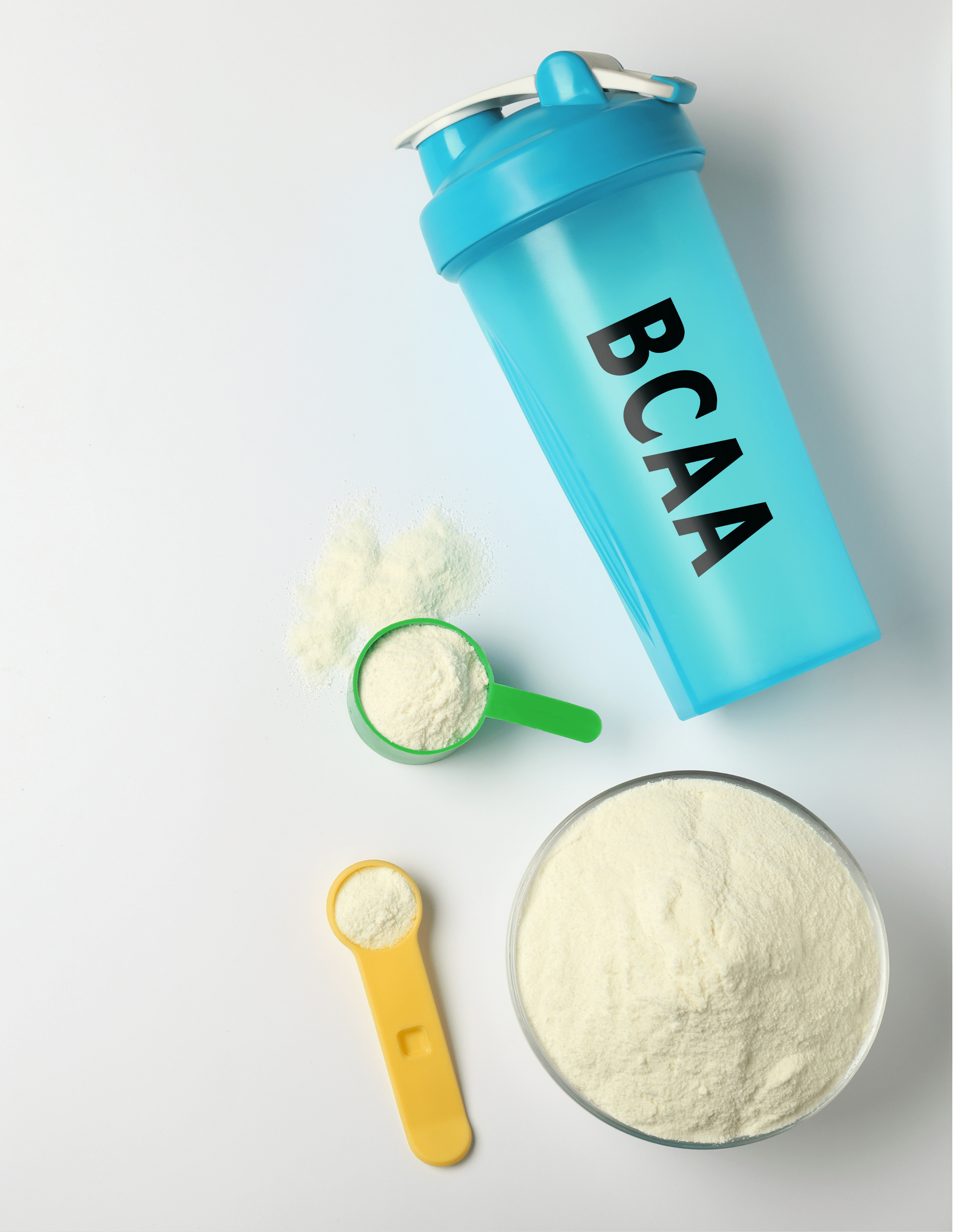
After a demanding ride, promoting muscle recovery becomes crucial for every cyclist, and Branched-Chain Amino Acids (BCAAs) are an ideal supplement for this purpose.
BCAAs consist of three essential amino acids—leucine, isoleucine, and valine—that play a vital role in muscle protein synthesis and reducing muscle protein breakdown.
Intense cycling workouts can lead to muscle damage and delayed onset muscle soreness (DOMS). BCAAs have been shown to help reduce exercise-induced muscle damage and alleviate the severity of DOMS.
By providing a readily available source of amino acids during and after exercise, BCAAs can support muscle recovery, minimize muscle soreness, and improve overall training readiness.
BCAAs can help cyclists recover faster from intense training sessions, reduce muscle soreness, and support muscle repair and growth.
The recommended dosage of BCAAs is typically 5-10 grams before, during, or after a workout, depending on individual preferences.
Omega-3 Fatty Acids: Boosting Heart and Joint Health
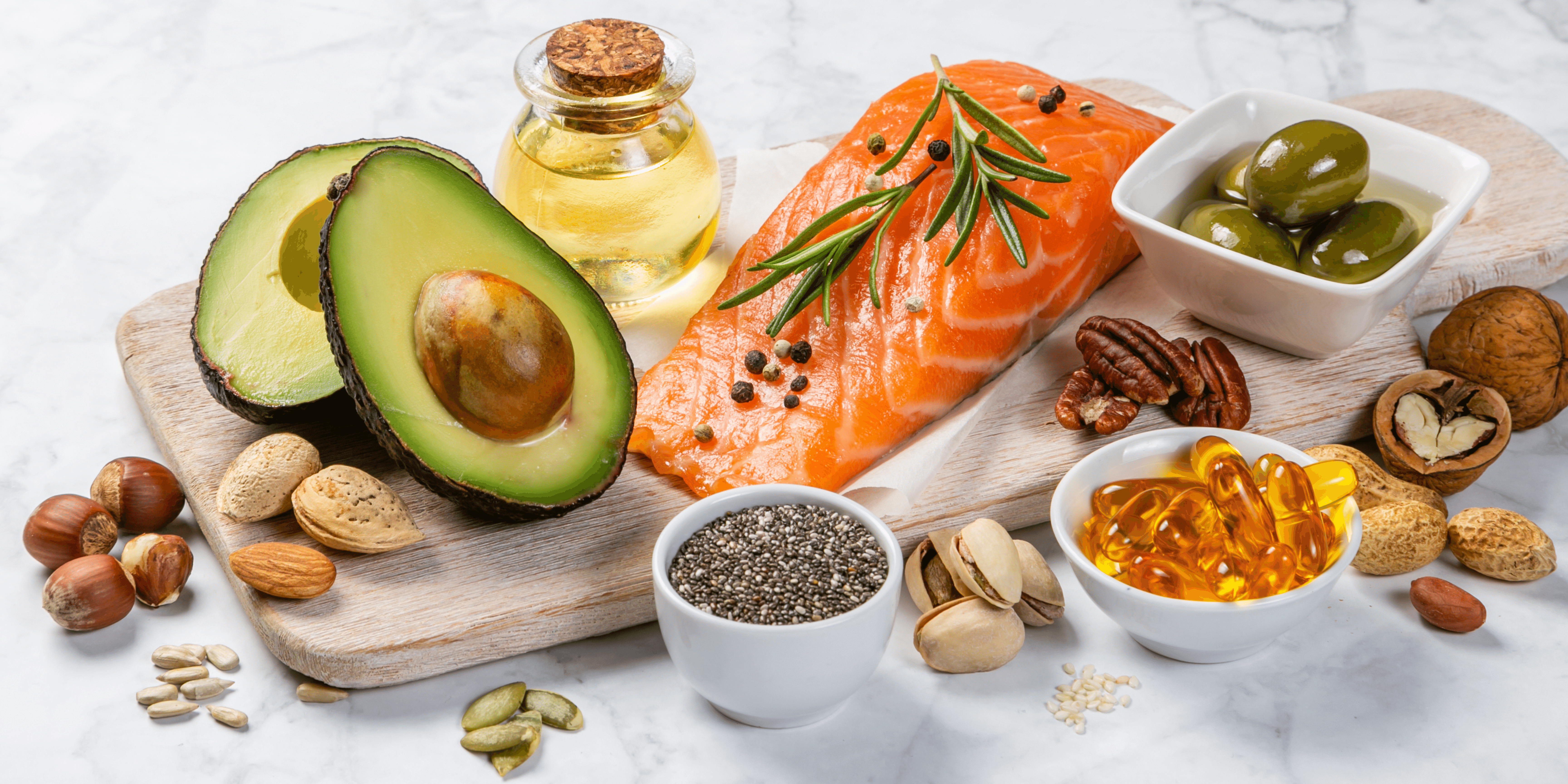
Omega-3 fatty acids, particularly eicosapentaenoic acid (EPA) and docosahexaenoic acid (DHA), are essential fats that offer a wide range of benefits for cyclists.
These healthy fats are known for their anti-inflammatory properties and are crucial for maintaining heart health and promoting joint integrity.
Omega-3 fatty acids have been shown to reduce inflammation and improve arterial function, thereby enhancing cardiovascular health and reducing the risk of heart disease.
For cyclists, this can translate to better blood flow, improved oxygen delivery to the muscles, and enhanced overall endurance.
In addition to cardiovascular benefits, omega-3 fatty acids also play a vital role in supporting joint health. The repetitive motion and impact involved in cycling can put stress on the joints, leading to inflammation and discomfort.
Omega-3s help reduce joint inflammation, promote joint lubrication, and support the repair and maintenance of cartilage.
While omega-3 fatty acids can be obtained through dietary sources such as fatty fish (salmon, mackerel, sardines), it can be challenging to consume enough through diet alone.
In such cases, supplementation with fish oil capsules or omega-3 supplements can be a convenient and effective way to ensure adequate intake. The recommended daily dosage of omega-3 fatty acids is typically 1-3 grams of combined EPA and DHA, but it’s essential to consult with a healthcare professional for personalized advice based on individual needs.
Caffeine: Improving Focus and Performance

Caffeine is a well-known stimulant that can provide a significant boost to a cyclist’s focus and performance. It acts as a central nervous system stimulant, influencing various physiological responses that are relevant to cycling performance.
One of the primary effects of caffeine is its ability to reduce perceived exertion during exercise. This means that even at the same level of effort, cyclists may feel less fatigue and be able to sustain a higher intensity for a longer duration. This can be particularly beneficial during challenging rides or races.
Caffeine also has the ability to enhance endurance by promoting the utilization of fat as a fuel source. By sparing glycogen stores and increasing the reliance on fat for energy, cyclists can maintain a steady pace and delay the onset of fatigue.
In addition to its performance benefits, caffeine has been shown to improve cognitive function, reaction time, and alertness. This can be particularly valuable during long rides or races where mental focus and concentration are essential.
The optimal timing and dosage of caffeine intake may vary based on individual tolerance and preferences. Generally, a dosage of 3-6 mg per kilogram of body weight consumed about an hour before a ride or during prolonged efforts can provide the desired effects.
To put it into perspective, an average cup of coffee contains approximately 95 mg of caffeine, but it can vary depending on factors such as the brewing method and bean type.
It’s important to note that caffeine can have different effects on different individuals, and it’s essential to find the dosage that works best for you while considering any personal sensitivities or potential side effects.
Vitamin D: Strengthening Immunity and Bone Health

Vitamin D plays a vital role in supporting immune function and maintaining bone health, making it a must-have supplement for cyclists.
The primary source of vitamin D is through exposure to sunlight. When the skin is exposed to ultraviolet B (UVB) radiation from the sun, it triggers the synthesis of vitamin D.
However, factors such as geographic location, season, time of day, and individual skin pigmentation can affect the amount of vitamin D produced in the skin. In regions with limited sunlight or during the winter months, cyclists may have reduced sun exposure, making it challenging to obtain sufficient vitamin D from sunlight alone.
Supplementing with vitamin D can help ensure adequate levels for optimal immune function, bone density, and muscle function.
The recommended daily dosage of vitamin D3 is typically 1000-2000 IU (International Units), but it’s essential to consult with a healthcare professional to determine your specific needs based on blood test results.
L-Glutamine: Supporting Immune Function and Gut Health

Cycling places a significant demand on the immune system, making immune support a crucial aspect of a cyclist’s overall health. L-glutamine, an amino acid found abundantly in the body, plays a key role in supporting immune function and maintaining gut health.
Intense exercise can temporarily compromise the immune system, leading to increased susceptibility to infections. L-glutamine supplementation has been shown to enhance immune cell function and reduce the risk of upper respiratory tract infections in athletes.
It also supports the integrity of the intestinal barrier, aiding in better nutrient absorption and reducing the risk of gut-related issues during long rides.
The recommended dosage of L-glutamine for cyclists is typically around 5-10 grams per day, divided into smaller doses.
It’s important to note that individual responses to L-glutamine supplementation may vary, and it’s always best to consult with a healthcare professional or registered dietitian to determine the most appropriate dosage for your specific needs.
Optimizing Cycling Performance with Supplements
In conclusion, incorporating the right supplements into a cyclist’s training and nutrition regimen can have a significant impact on performance and overall well-being.
Supplements such as creatine monohydrate, beta-alanine, BCAAs, Omega-3 fatty acids, caffeine, and vitamin D offer specific benefits ranging from increased power and endurance to improved recovery and immune support.
However, it’s crucial to remember that supplements should complement a well-balanced diet and training program.
Before starting any new supplement regimen, it’s recommended to consult with a healthcare professional or registered dietitian who can provide personalized guidance based on your individual needs and goals.
FAQ About Supplements for Cyclists
Are these supplements safe for cyclists?
The supplements discussed in this article, when used as directed and within recommended dosages, are generally safe for cyclists. However, it’s important to note that individual responses to supplements may vary. It is advisable to consult with a healthcare professional or a registered dietitian before incorporating any new supplements into your routine, especially if you have any pre-existing medical conditions or are taking medications.
Can I take multiple supplements together?
It is generally safe to take multiple supplements together, but it’s important to be mindful of potential interactions or overlapping effects. While the supplements discussed in this article are often used in combination, it’s recommended to consult with a healthcare professional or a registered dietitian to ensure that the combination of supplements is appropriate for your specific needs and goals.
Can supplements replace a healthy diet?
Supplements should not replace a healthy and balanced diet. They are intended to supplement and support your nutritional needs, not act as a substitute for whole foods. It’s important to prioritize a well-rounded diet that includes a variety of nutrient-dense foods to ensure you’re getting a wide range of vitamins, minerals, and other essential nutrients.
Are there any potential side effects of these supplements?
While the supplements discussed in this article are generally safe when used as directed, some individuals may experience side effects. Common side effects are usually mild and can include digestive discomfort, allergic reactions, or interactions with medications. It’s important to follow recommended dosages and consult with a healthcare professional if you have any concerns or experience adverse effects.
How long does it take to see the effects of these supplements?
The time it takes to see the effects of supplements can vary depending on several factors, including the specific supplement, dosage, individual response, and consistency of use. Some supplements may provide more immediate effects, such as improved energy or reduced muscle soreness, while others may require longer-term use to see noticeable changes, such as enhanced immune function or muscle recovery. It’s important to remember that supplements are not a quick fix and should be used in conjunction with a well-structured training program and healthy lifestyle habits for optimal results.


